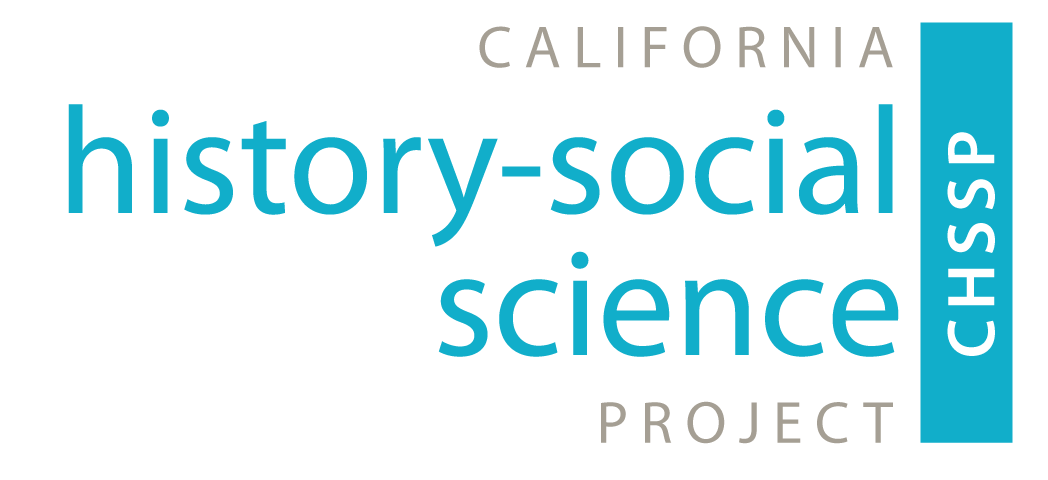Lincoln and Slavery Lesson Plan
Originally posted on July 19, 2011 by Shennan Hutton
Did Abraham Lincoln change his mind about slavery?

Abraham Lincoln did not start the Civil War in order to end slavery. He didn’t “start” the Civil War at all, of course; the southern states did that by seceding. But Lincoln made it clear from the beginning that he was fighting to preserve the union. In the First Inaugural Address (1861), he said:
“I have no purpose, directly or indirectly, to interfere with the institution of slavery in the States where it exists. I believe I have no lawful right to do so, and I have no inclination to do so.”
Because he was clearly trying to reconcile the Southern states which were upset by his election, Lincoln might have been concealing his true beliefs in favor of his larger goal, preservation of the Union. He might also have genuinely believed what he said. Lincoln had long advocated that slavery not be extended to new states, and that was a major platform of the new Republican Party. However, he never argued that abolition of slavery in the Confederate states was a reason for the Union to fight the Civil War, even though abolitionists urged him to do so.
First Inaugural Address Wordle

This changed in 1863, with the Emancipation Proclamation which freed the slaves in rebellious states, but not in the Border States. At least two practical political considerations probably influenced Lincoln’s decision: He avoided irritating slave-owners in the Border States, which had remained in the Union, by not freeing their slaves, and he could then allow the slaves who had escaped to the Union army to become soldiers. Did he issue the Emancipation Proclamation for purely political reasons? Or had he come to believe that the slaves ought to be freed?
By 1864, in the Gettysburg Address, Lincoln cast the war as a struggle to bring freedom, as well as preserve the Union:
“Four score and seven years ago our fathers brought forth on this continent, a new nation, conceived in Liberty, and dedicated to the proposition that all men are created equal. Now we are engaged in a great civil war, testing whether that nation, or any nation so conceived and so dedicated, can long endure. . . . this nation, under God, shall have a new birth of freedom — and that government of the people, by the people, for the people, shall not perish from the earth.”
There are arguments supporting both sides of the question, but my purpose in writing this blog is to suggest that this is exactly the kind of historical question we ought to be posing to students. Since we cannot state as fact what was in Lincoln’s mind, there is no right answer to the question. Students have to take evidence from primary sources, Lincoln’s speeches and writings, to support their interpretation. And it invites students to think about Lincoln as a man of his times, not a modern hero.
Wordles offer an interesting way to get these difficult concepts and sources across to students. Because the more frequently a word is used in the text, the larger it is on the Wordle, students can “see” what Lincoln emphasized in the First Inaugural Address, and contrast it with what he emphasized in the Gettysburg Address:
This strategy won’t work alone, of course. Click on the link below to see a draft lesson by two of our teacher leaders, Amy Hale and Mark Ennen. This is just a draft, but the complete version will definitely be in the Blueprint Civil War unit.
Famous speeches by Abraham Lincoln
Sources:
Lincoln portrait: en.wikipedia.org
Wordles: wordle.net

